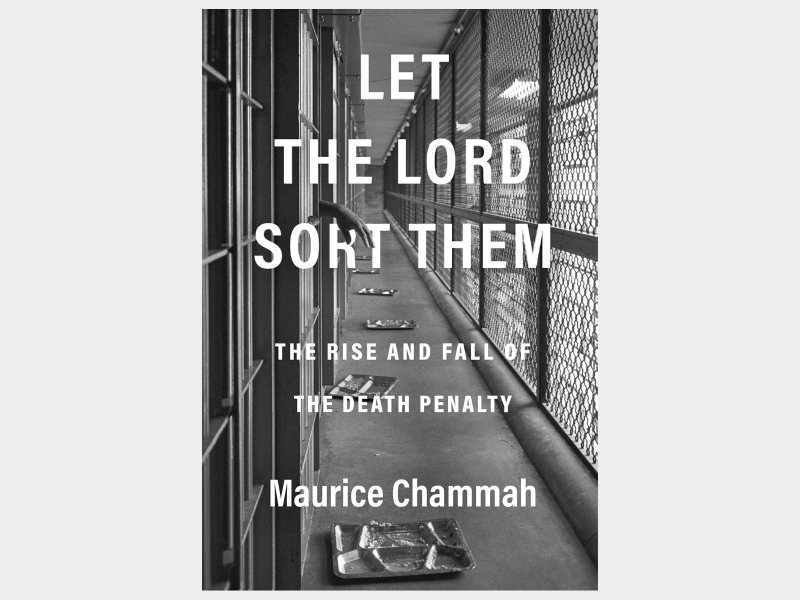Maurice Chammah is a staff writer for The Marshall Project, and the author of the new book, “Let the Lord Sort Them: The Rise and Fall of the Death Penalty.” He says much of his work as a journalist has involved trying to learn about the culture and history around the death penalty in Texas to make sense of why it’s still practiced here today. It’s part of a larger reckoning, with state-sanctioned executions in the United States, he says.
“I think we, as Texans and as Americans, are really now starting to kind of come to terms with that legacy and question it a little more,” Chammah told Texas Standard.

Author Maurice Chammah, courtesy photo
“Beginning in the 1980s and until around the year 2000, there was a kind of rise of the death penalty in the United States. And as I was researching that history, I found this phrase: ‘Let God sort them out’ – or various iterations of it, showing up sort of everywhere in the reporting – which has its roots in the Crusades and later around the Vietnam War – a kind of cultural meme that kind of defined that era when it came to very punitive criminal justice policies.”
“Over the last 20 years, we’ve increasingly heard about cases where it turns out they weren’t guilty, that they were innocent, and that that those mistakes in the courtroom had a really tremendous cost.”
“One fascinating thing was finding patterns among different trial transcripts, in which prosecutors tried to convince the jury to sentence them to death, and you would start seeing these words pop up in their in their speeches – words like ‘evil’ or words like ‘monster’ as the kind of way … that we convince ourselves that somebody is irredeemable.”














